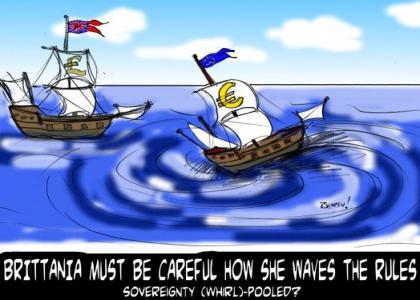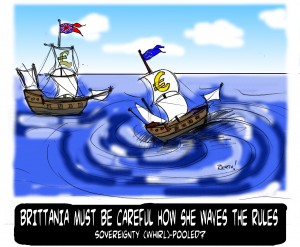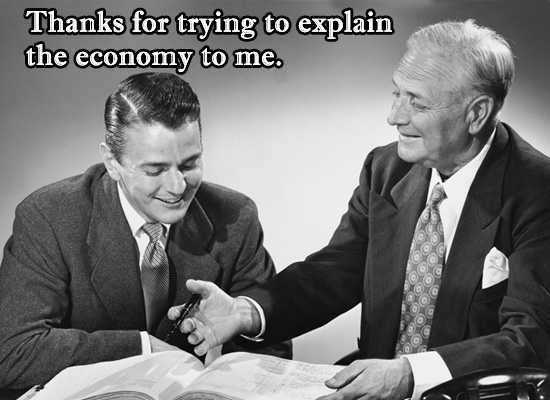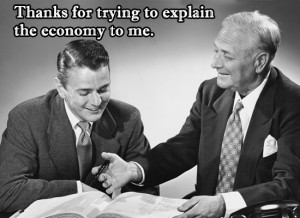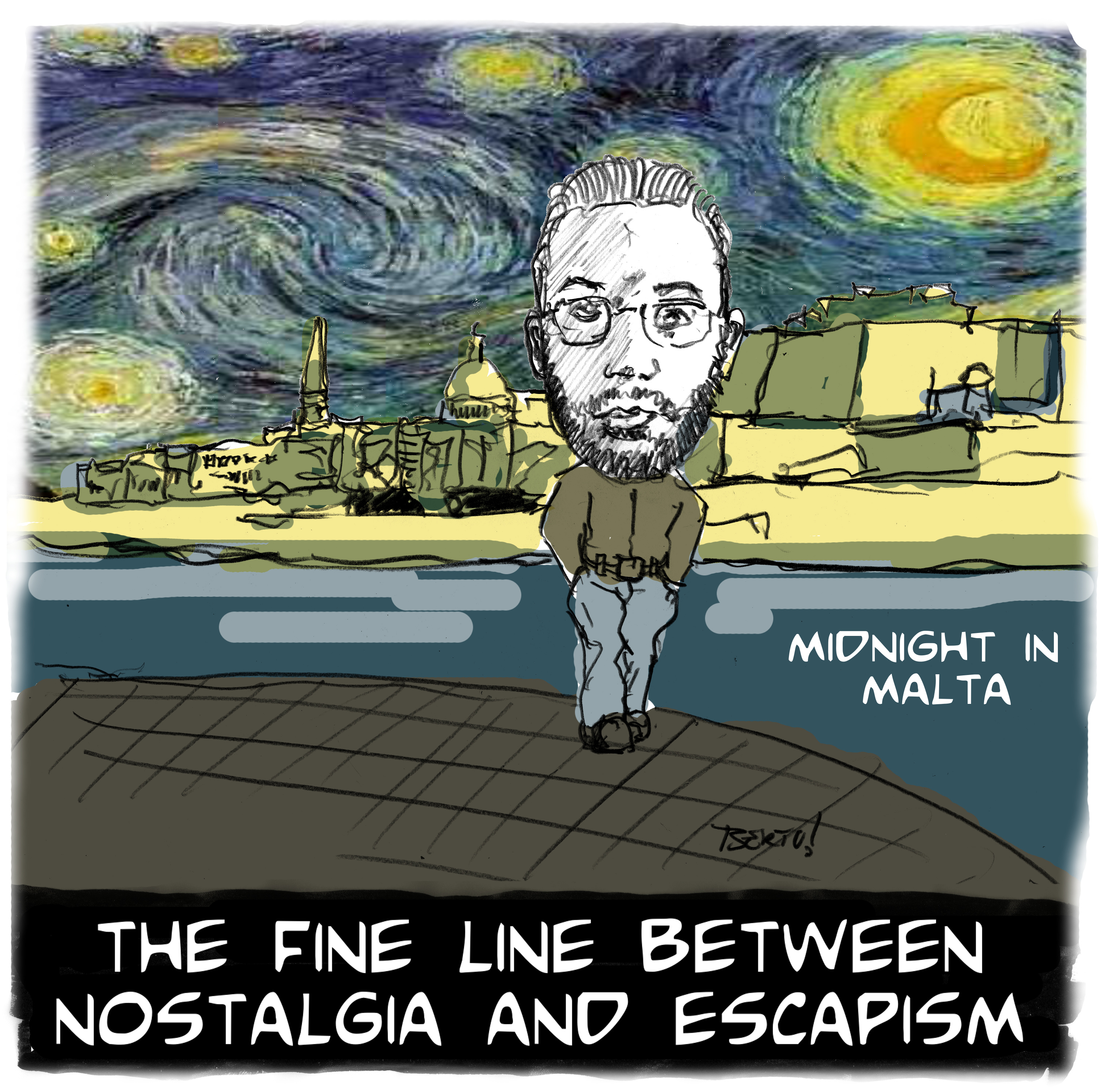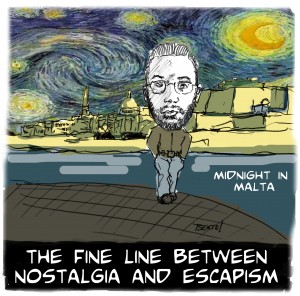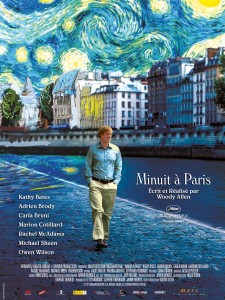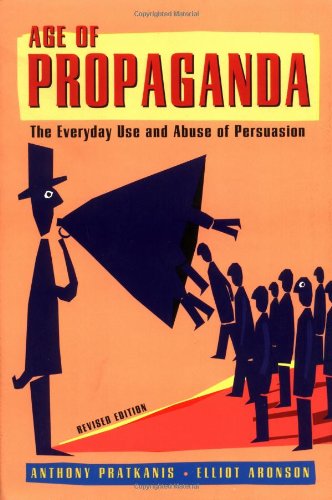Listening to London’s Heart radio on a Saturday morning, I got to know that for the first time ever the capital’s Oxford and Regent streets would be traffic free for the whole day. The reason for this car-free bonanza was of course shopping. Londoners who forwent the option of visiting such colossi as Bluewater and Brent Cross would be granted the possibility of traipsing around the main shopping streets free from the polluting nuisance of cars. Conservative estimates had it that by the evening of this busiest shopping day of the year (for London), a million and a half shoppers would have hit the stores − presumably to spend some of their well-earned British Pounds.
Nothing abnormal there is there? Whether it is Sliema, Valletta or London, every town will be doing its best to get the lion’s share of the Christmas spending market and London is no exception. Enthusiasm oozed out of the radio as the announcer coordinated listeners through traffic jams, transport hitches and special opening times towards the giant Mecca of consumption. Here was Britain’s answer to the US Black Friday. There was even a whiff of the Dickensian Christmas that could be detected through the advertorials… until the half-hourly news stepped in.
Are you being deceived?
Yep. For the news could not miss out on the greatest item of the day. Europe (the naughty, naughty EU) had decided to forge ahead without the UK. It was all over the place − from the indignation and anger of Sarkozy, the unaffected matter-of-factness of Frau Merkel, and the schoolboy half-hearted apologies of David Cameron: The Euro 17 + 9 others (that means all the EU minus the UK) will forge ahead with an intergovernmental pact. The Euro Debt Summit (you know how bad things are when the word “Debt” creeps into the summit title) had unsurprisingly resulted in egg on the face for whoever thought that states would pool sovereignty as easily as they pool debts.
The best off-record comment I read about the summit has been attributed to an anonymous French diplomat. He said: “The Brits turned up to the Euro Summit like a man who turns up to a wife-swapping party without a wife.” I’m assuming it was not Strauss-Kahn who said that but probably someone with very much the same mentality. What did happen of course is that many states were not that eager to have a rapid tinker with the Treaties as the Merkozy duo had suggested at the beginning of the week. What they have opted for is the sort of Intergovernmental Agreement that consolidates the belief that we are still at a stage where nations and their sovereignty come before any idea of union and solidarity, which is also what federations are about.
United we lend
Behind the minutiae of the agreement lie a few unaltered truths. States will hang on to their fiscal policies and will only allow a mechanism that punishes deficit defaulters if they are allowed to create the deficit in the first place. Essentially, while the Lisbon criteria regarding deficits were a sort of invitation to budgetary discipline, the new agreement turns that invitation into compulsory conformity − with consequences for those who fail.
Why is the UK out? The UK is out because it never was really that far in. It sat at the table for 10 hours demanding the impossible in exchange for its participation. Frankly, the UK is not the problem. The issue here is how much of this is a long-term solution and how much will turn out to be cosmetic playing to the markets. The opting for an intergovernmental approach is also a clear sign that Europe might have once again missed its chance of institutional integration within a federal framework. One of this week’s blog posts on J’accuse (http://www.akkuza.com/2011/12/06/aaa/) looks at a speech delivered by Polish Foreign Minister Radek Sikorski.
Calling spades
Sikorski’s speech has the added advantage of having that no-nonsense approach. Here are his words of advice to the UK:
You have given the Union its common language. The Single Market was largely your brilliant idea. A British commissioner runs our diplomacy. You could lead Europe on defence. You are an indispensable link across the Atlantic. On the other hand, the eurozone’s collapse would hugely harm your economy. Also, your total sovereign, corporate and household debt exceeds 400 per cent of GDP. Are you sure markets will always favour you? We would prefer you in, but if you can’t join, please allow us to forge ahead. And please start explaining to your people that European decisions are not Brussels’ diktats but results of agreements in which you freely participate.
If you can’t join us please allow us to forge ahead. That was Sikorski’s “plea” to the UK on 28th November. By 9th December, Europe was doing just that − forging ahead.
The UK was left wondering whether this opt-out was really such a good deal after all. Either that or, instead of wondering, it was busy shopping in Oxford and Regent streets because the recession might turn out to be one big Brussels lie after all … might it not?
